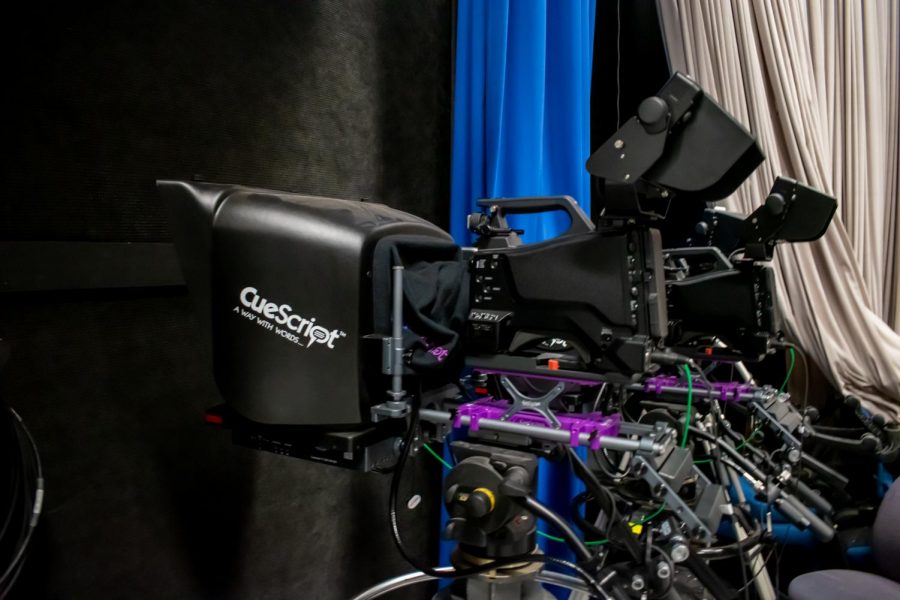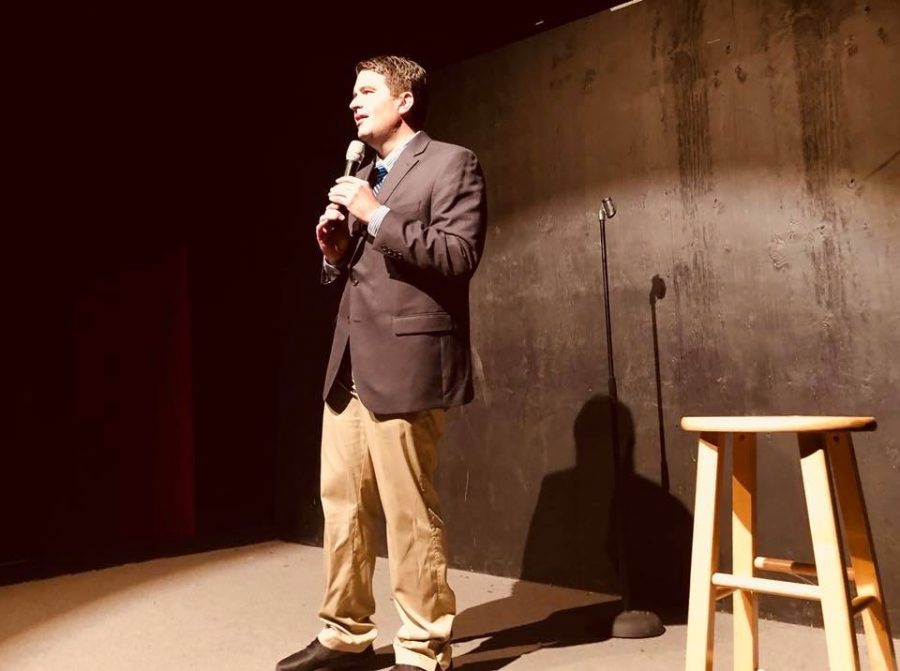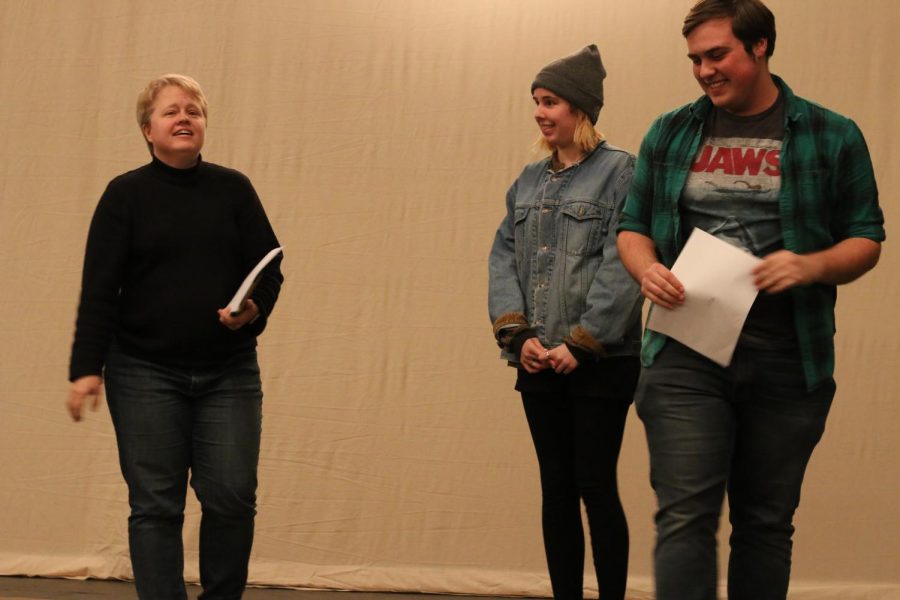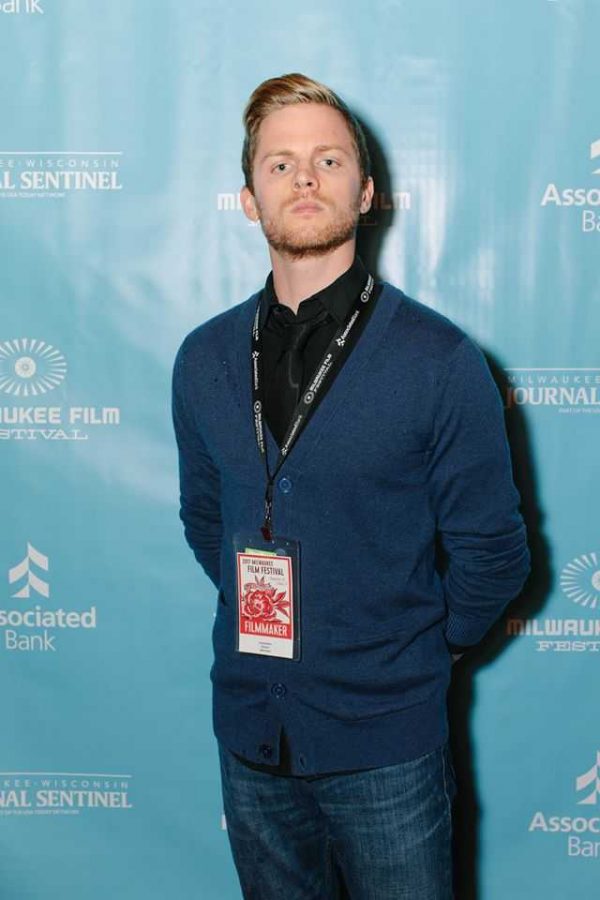For the past two years Marquette has offered film fellowships to the Milwaukee community. But due to the COVID-19 outbreak in the spring of 2020, the film fellowships could not be offered. This year, the fellowships are scheduled to continue.
Marquette has previously offered two fellowships, the Social Justice Fellowship and the New Voices Fellowship. These fellowships are meant for those wanting to advance their filmmaking career.
Although Professor Kris Holodak, assistant professor of digital media and performing arts is in charge of these fellowships, she does not have a formal title. Fellowships are chosen in the spring of 2021, and the committee picks two fellows- one from each category to give out.
The projects for submission should be short, so the idea is that the fellows will make a short film in the calendar year of 2021.
“By creating these films, (we) will have an impact on the fellow’s professional filmmaking career,” Kris Holodak said.
The Social Justice Fellowship is meant to support a film based around a current social issue.
“The Social Justice Fellowship fits in really well with the kind of Jesuit values of the university. Social issue filmmaking/documentary is such a vibrant media right now, and it’s a way to support that work and really to advance and celebrate the these Jesuit values we have at Marquette,” Dinesh Sabu, assistant professor of digital media and performing arts, said.
The New Voices Fellowship is offered to those in underrepresented communities, and they are able to make their film tell whatever story they want.
“It can be any type of film because I am not in the position to tell a filmmaker what kind of film they have to make,” Holodak said. “For example, I am not going to tell a filmmaker of color what makes their film. They can make whatever film they want.”
Sabu also articulates how important the New Voices Fellowship is by expressing the lack of films produced by underrepresented communities.
“Often times, in at least documentaries, you’ll see films about certain communities — typically about colored communities, and the people behind the camera aren’t necessarily a part of those communities. It is a very exciting push to kind of correct this,” Sabu said.
Both Sabu and Holodak understand that these fellowships are an extremely important way to connect with our community, for Marquette is helping the Milwaukee community tell their stories through filmmaking.
Sabu said, “to find and support folks from communities telling stories, and telling stories with that perspective. It’s not like we want stories about these communities. We want voices from these communities to tell us stories they think are relevant and are excited about.”
Not only do the professors involved with the fellows understand how important these fellowships are for Marquette, but so do Marquette students.
“People see Milwaukee as having a lot of potential for being a film city. We have never had a decent film scene, but with this studio, funds, and some big names backing this venture, I can definitely see this turning into something that brings a lot more art/artists into our community,” Tino Dentino, a junior in the College of Communication, said.
Holodak also brought up how these fellowships are one of the ways that Marquette does more than just talk about social justice and being the difference in the community.
She said these fellowships are a very big deal from a community sense because there are so many stories to be told, and it can be very difficult to find the resources to tell them.
Holodak said, “It can be very tempting for the people who have the resources to say, ‘well I own the camera/editing equipment; therefore, I will tell your story for you,’ and I think that’s a terrible idea, and I don’t want to tell people their stories. I’ll tell my own. I think it matters in the community to say that they have the ability to tell their own stores and to provide the support and encouragement to do it without a gatekeeper in between.”
This story was written by Julianna Abuzzahub. She can be reached at [email protected]




